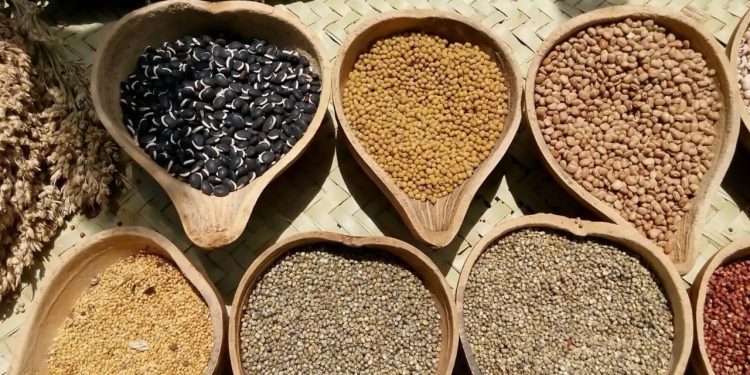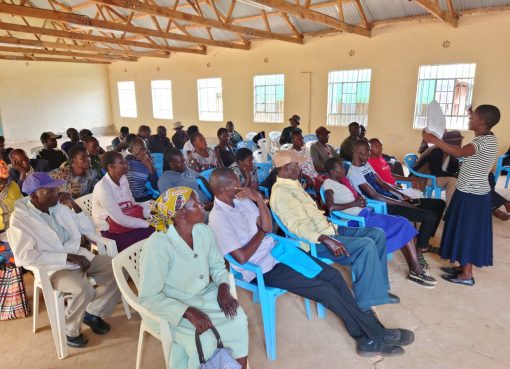Kenyan farmers have been urged to embrace use of indigenous seeds and practice organic farming in order to combat the perennial hunger challenge that faces the country.
Speaking to groups of farmers from Murang’a, Kiambu, Machakos and Trans Nzoia counties, the founder of the Grow Bio-Intensive Agriculture Centre of Kenya (G-BIACK) Samuel Nderitu emphasized on the need to pursue long term solutions to the food distress in the country.
Nderitu advocated for agro-ecological practices among small scale farmers and pastoral communities, while encouraging them to produce indigenous food crops organically.
“As the current devastating drought continues in many parts of the country exposing many children to malnutrition and leaving the elderly emaciated, time is ripe to come up with long term solutions,” he said.
He explained to farmers the various ways of conserving and preserving indigenous seeds in a bid to achieve food security, which will increase empowerment and self-reliance in communities.
The founder noted that there are various common factors leading to the shortage of food among them animal/ human conflicts and insufficient rainfall due to climate change.
Nderitu also observed there was also the emerging issue of urbanization, where fertile arable lands were being subdivided for real estate development.
He urged the government to ensure there are sufficient seed banks in the country, where farmers could access different types of seeds and provide enough extension officers to train farmers on organic farming.
“Lack of clean sufficient seeds may force farmers to reuse seeds whose quality cannot be ascertained, hence the need for secured seedbanks to resolve the situation,” Nderitu said.
He further said that the government should prioritize irrigation as a way enhancing food production, especially now that rains were becoming more and more unreliable.
By Purity Mugo





